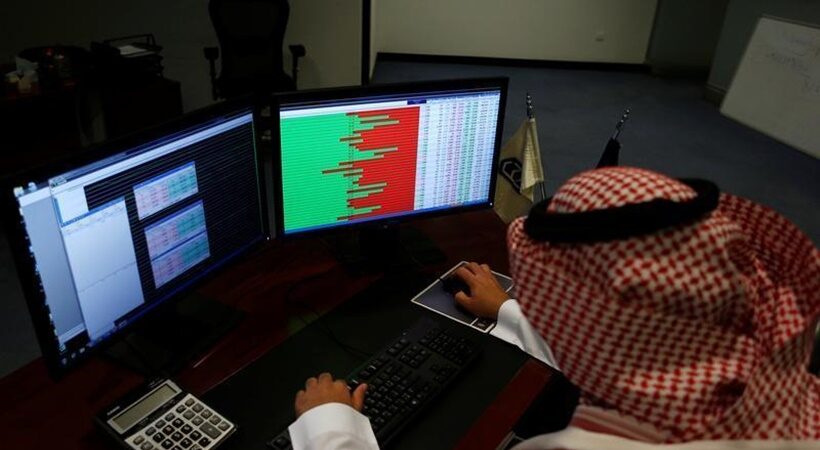Saudi Arabia’s Capital Market Authority (CMA) has approved granting whistleblowers of the Capital Market Law violations an estimated reward of up to 20 percent of the value of the collected fines and financial penalties.
A whistleblower is a person, usually, an employee, who exposes information or activity within a private, public or government organization that is deemed illegal, immoral, illicit, unsafe, fraud, or abuse of taxpayer funds.
The new regulation related to penalties of law violations and the reward for whistleblowers will come into force from June 2022.
The authority has made some terms and conditions for the whistleblower to take advantage of the reward. It stated that neither the whistleblower nor any of his relatives should be working with the authority.
The whistleblower shall not disclose any confidential information to others. The conditions also include that the authority should have collected the imposed fines and financial penalties, of which total value would be more than SR1million.
Previously in September 2022, Saudi Arabia’s Oversight and Anti-Corruption Authority (Nazaha) ensured whistleblowers’ confidentiality to be maintained.
“No whistleblower will be harmed because of his report,” it said while urging the public to report corruption, deficiency in services or work procedures or stalled projects.
Nazaha stressed that whistleblowers can provide the information they have about corruption without disclosing their names.
It was also stated that it is important that the information is searchable and traceable so that the authority can take the necessary measures.
The anti-corruption agency receives reports on suspicions of financial and administrative corruption. The bodies that come under its jurisdiction include public authorities and companies in which the state owns at least 25 percent of its capital.
Nazaha initiated a number of financial and administrative corruption cases against dozens of citizens and residents, including officers and employees in ministries and government agencies with financial amounts exceeding SR 340.5 million.
In 2018, Saudi Arabia’s King Salman ordered the provision of adequate protection to every employee who submits a complaint against financial and administrative corruption practices to ensure that they are not exposed to any persecution later on.
The head of the National Anti-Corruption Commission Dr. Khalid Al Muhaisen pointed out that this matter “emphasizes the interest and concern of the Custodian of the Two Holy Mosques and His Crown Prince to combat corruption, and protect the interests of citizens and residents who do their duty to report cases of corruption, and ensure that they are not harmed by the submission of communications”.
Muhaisen affirmed that Saudi leadership is determined and resolute in combating corruption in all its forms and non-tolerance of the corrupt and providing the necessary protection to the whistleblowers from corrupt practices and preserving their rights in line with the vision of the kingdom’s Saudi Vision 2030 plan, which has made transparency, integrity and the fight against corruption its top priorities.
The new rules aim to regulate reporting violations of the provisions of the Capital Market Law and its executive regulations as well as the regulations of the financial market, the depositary centre, and the clearing centre.
The regulations include the fixation of financial rewards for whistleblowers, the terms and conditions for granting the reward and the procedures that contribute to the protection of whistleblowers.



















